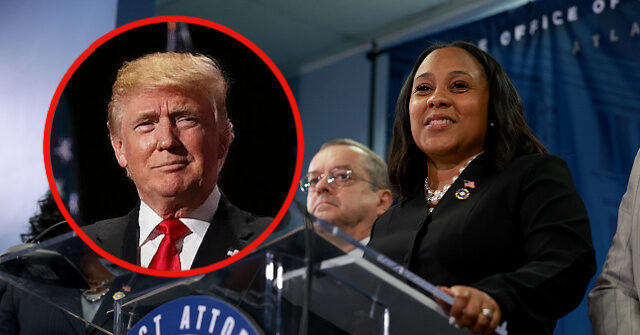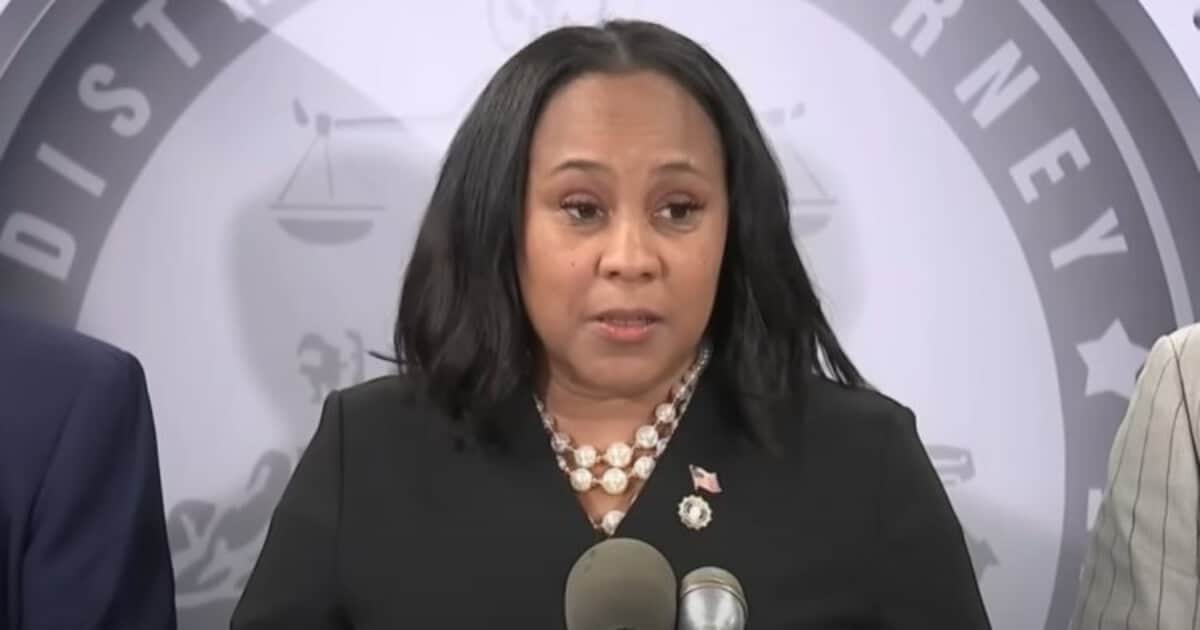Sixties Fan
Diamond Member
- Mar 6, 2017
- 58,664
- 11,124
- 2,140
- Thread starter
- #761
Follow along with the video below to see how to install our site as a web app on your home screen.
Note: This feature may not be available in some browsers.
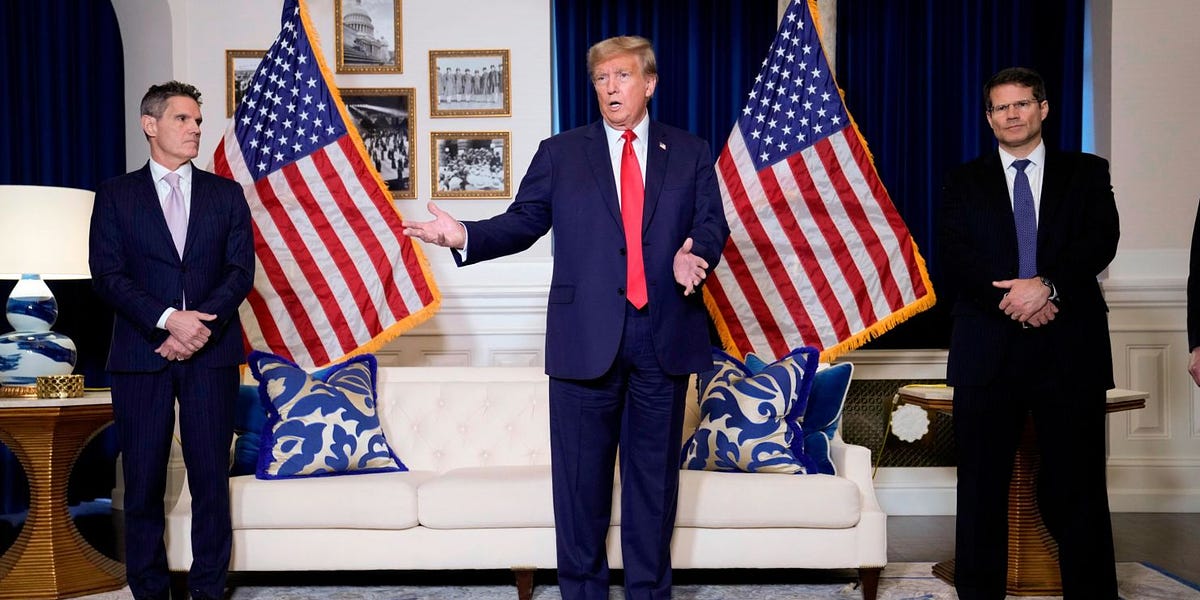

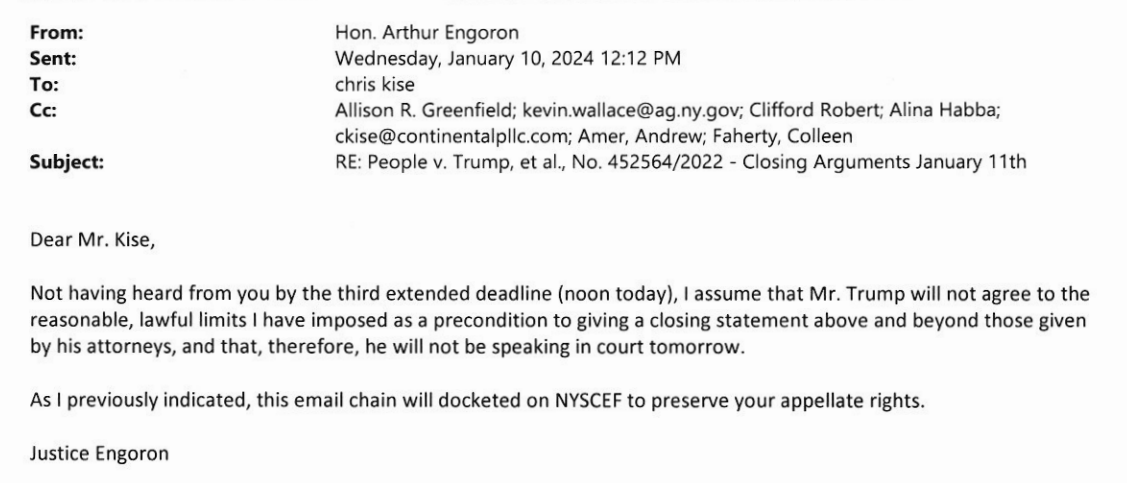
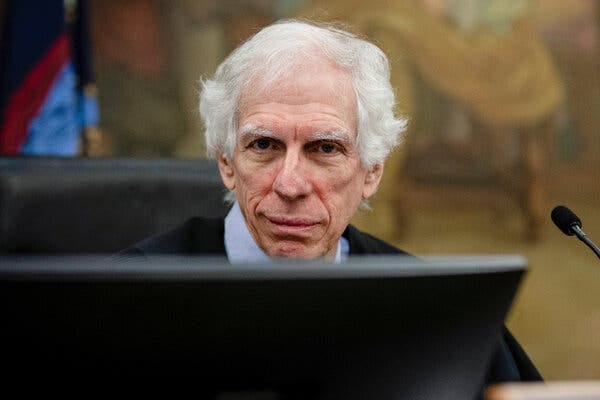

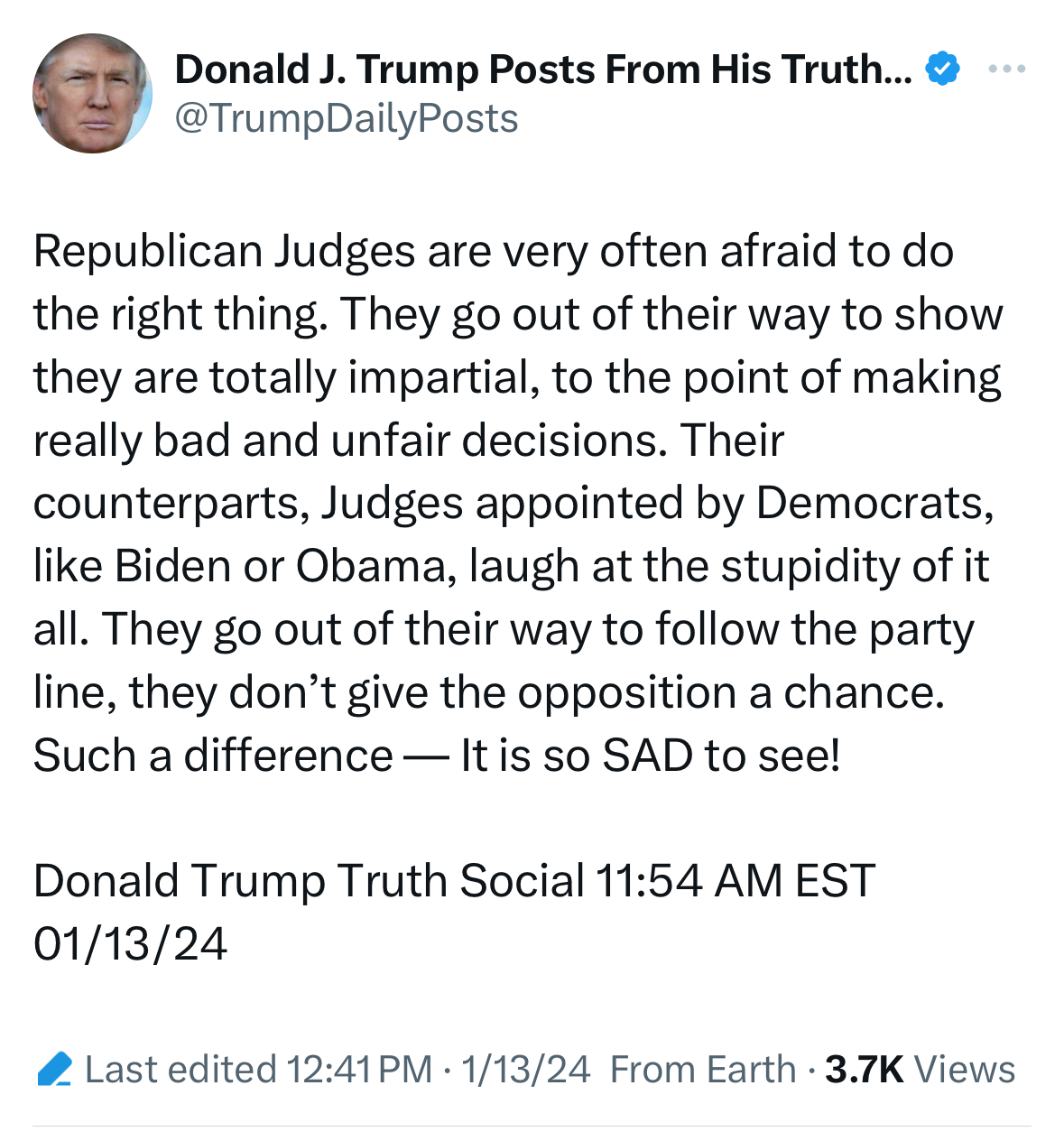


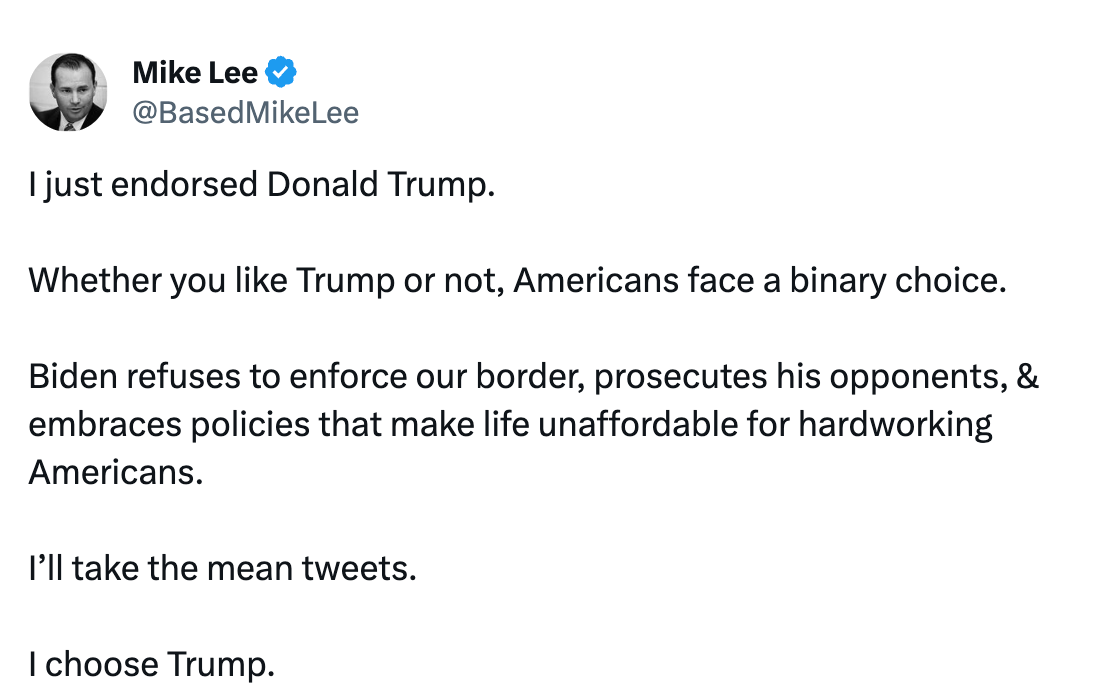
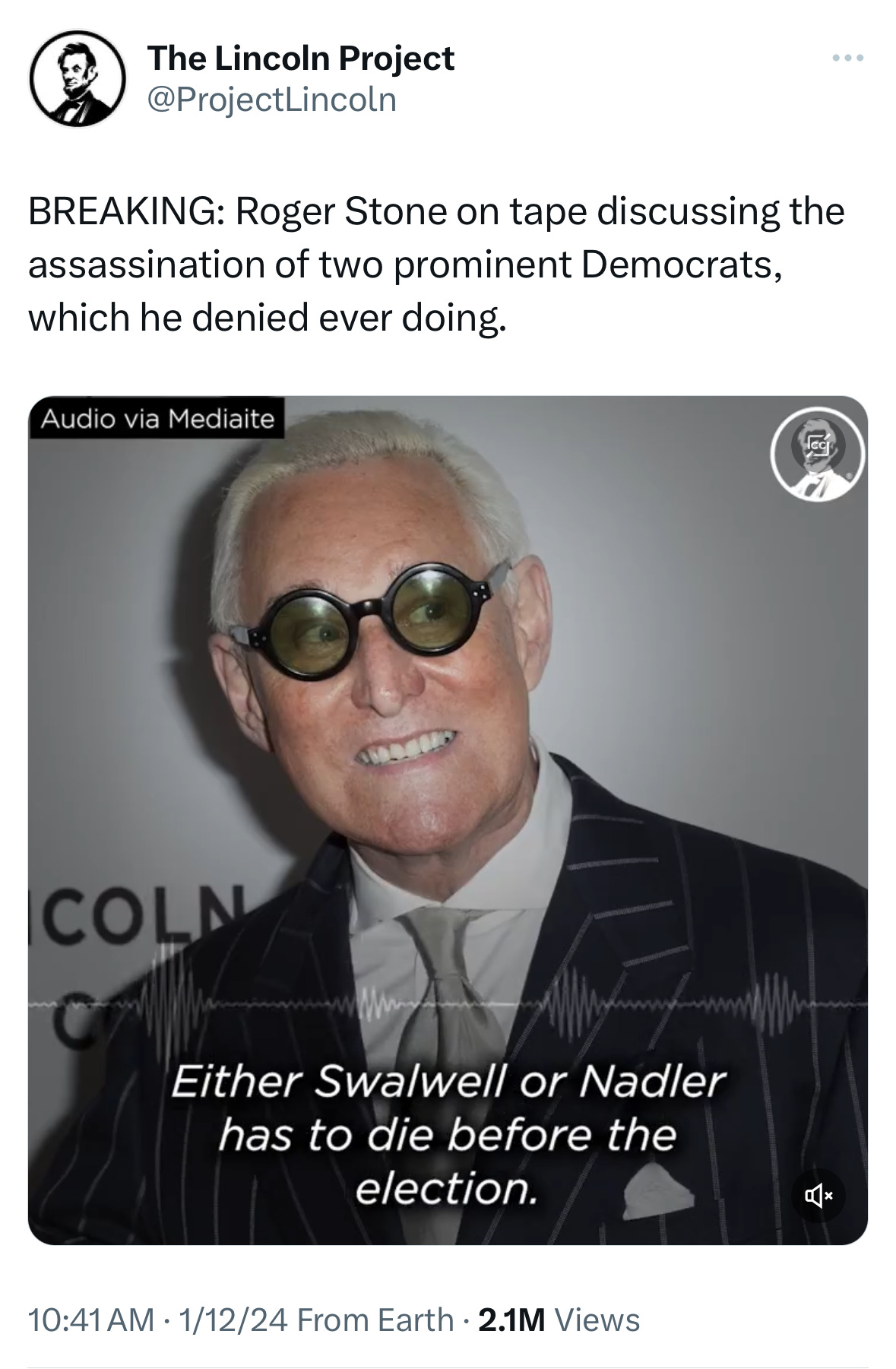

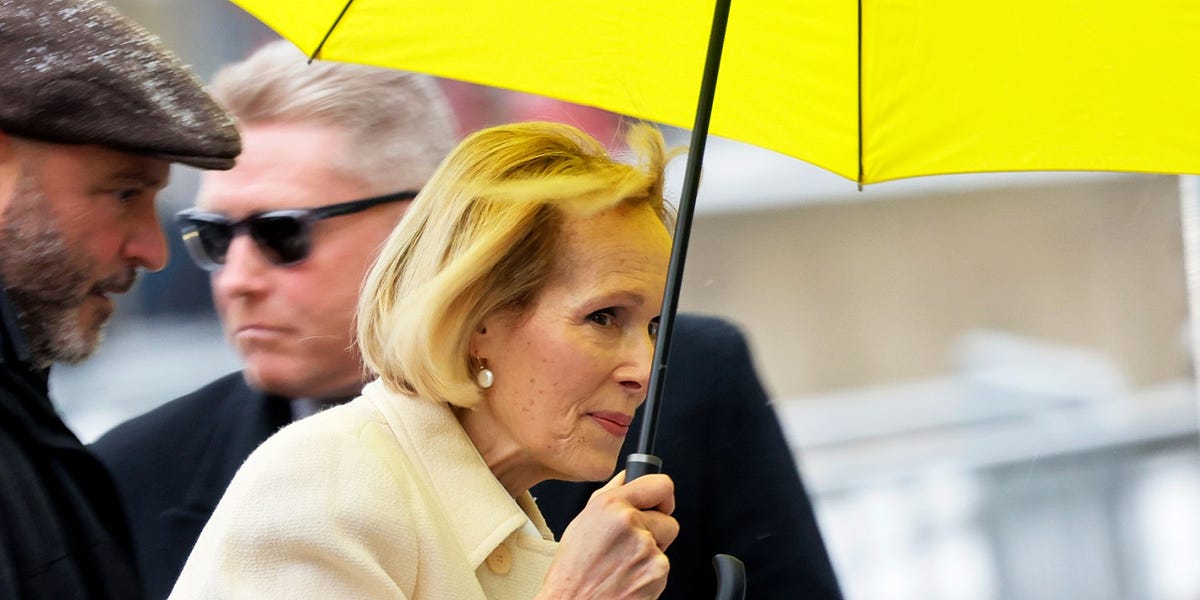
Biden possesed dozens of Boxed containing classified material. In much less secure locations. Proof that Democrats are traitors.
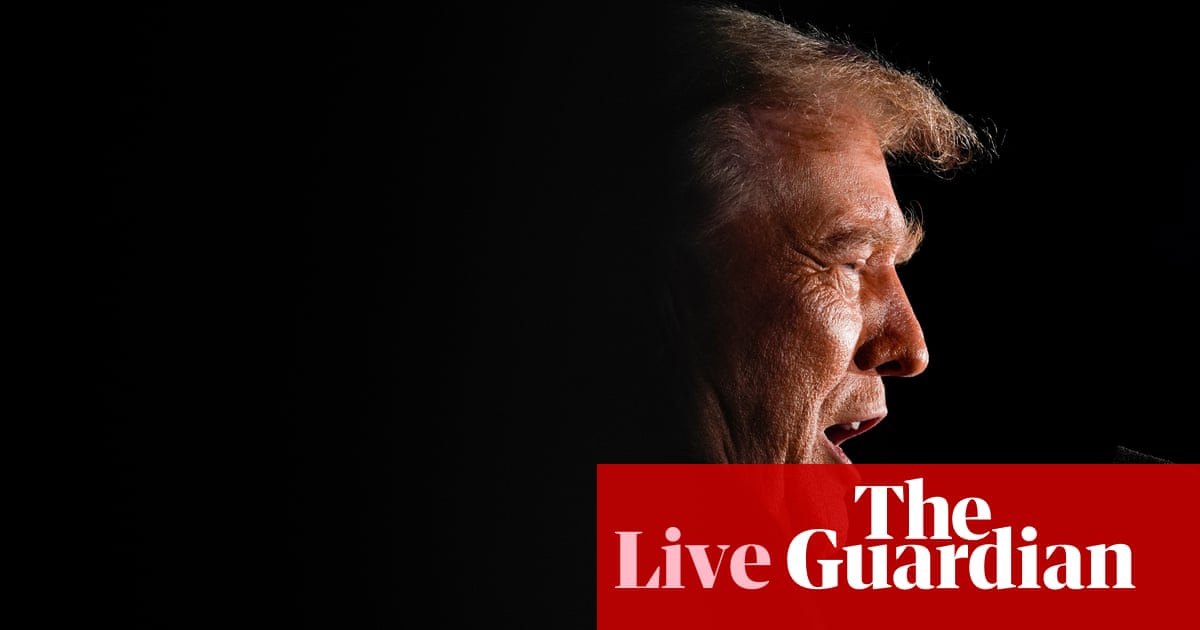
She is just another whore the Dems dragged out to defame an opponent. Like Christine Blowsey Ford ,Anita Hill ,and that whore who accused Max Moore. This bitch got fired for being incompetent. As are ALL "Me Too" feminazis.Here's your sick sleazebag.

Trump lawyer: Ex-president not responsible for E Jean Carroll backlash because supporters were likely to believe him – as it happened
Pressed by Trump lawyer, expert says people are ‘more likely’ receptive to information that easily ‘conforms to their views’www.theguardian.com
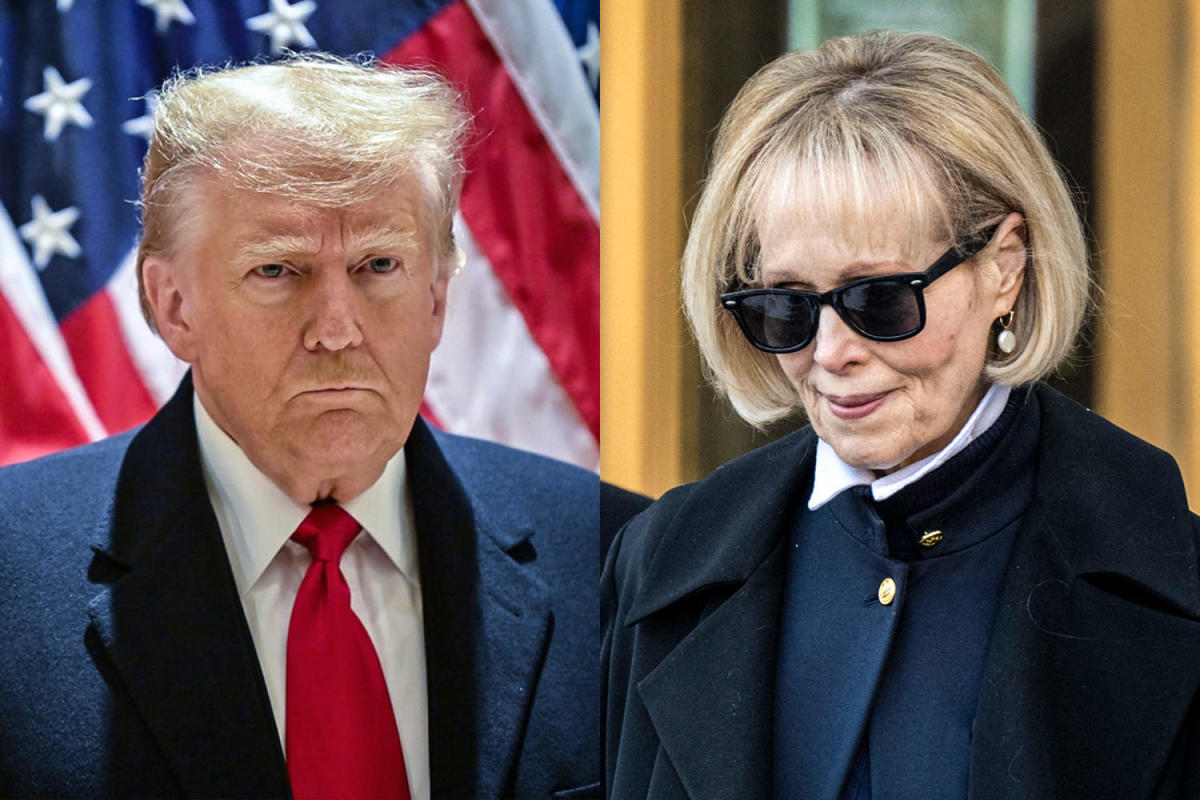

 www.rawstory.com
www.rawstory.com

